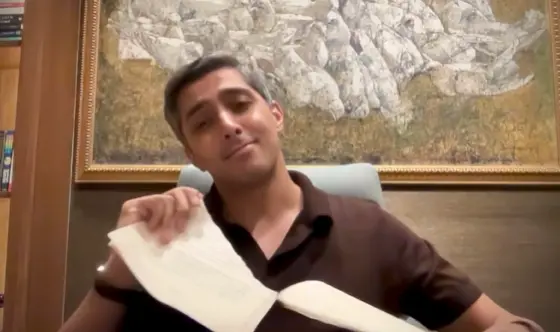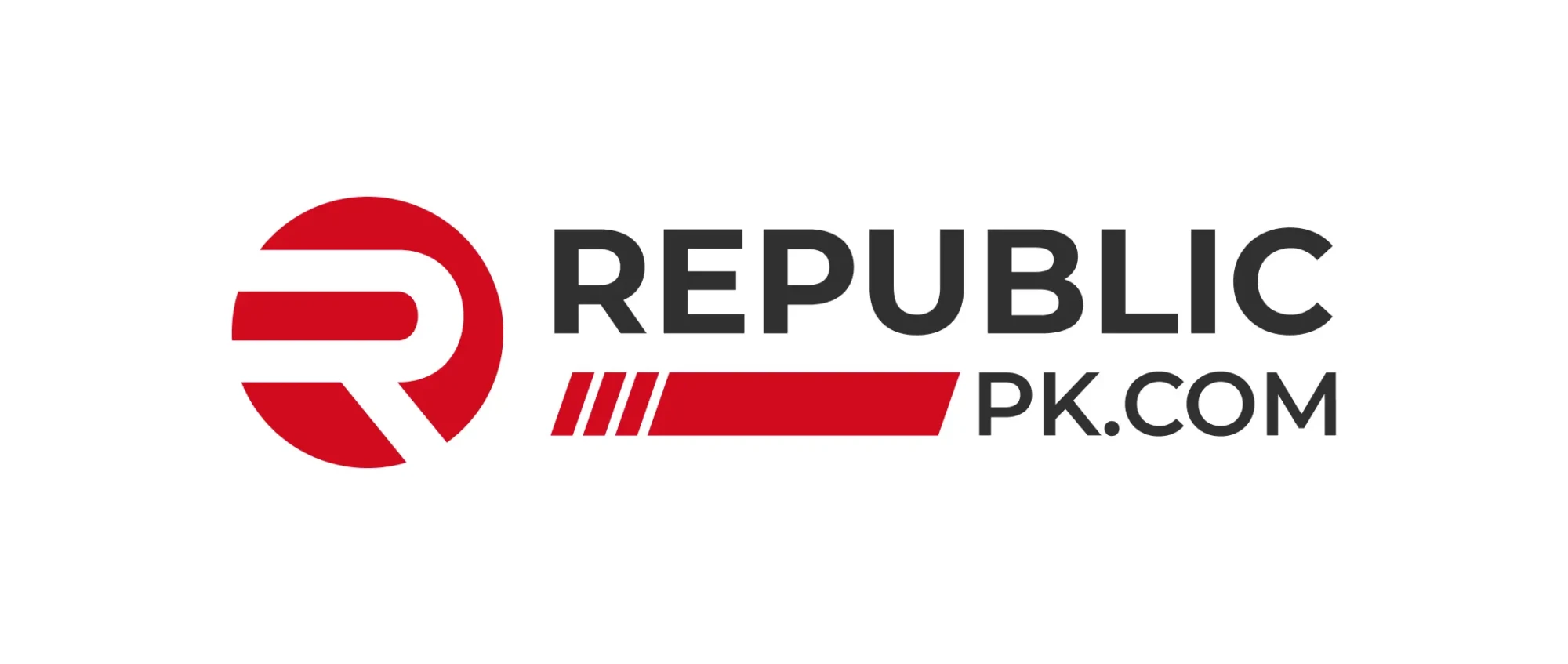Ali Tareen’s Mocking Apology Deepens Rift With PCB Over PSL Future

The Pakistan Super League (PSL), often described as one of Pakistan’s biggest sporting achievements, is once again caught in controversy. This time the focus is on Multan Sultans owner Ali Tareen, whose public criticism of the league’s management has triggered a legal battle with the Pakistan Cricket Board (PCB).
The dispute intensified when Tareen, in a video statement, dramatically tore up a legal notice sent by the PCB. In the same video he issued a sarcastic “apology,” mocking the board for what he described as mismanagement and a lack of professionalism.
“I apologize that I criticized the grand opening ceremony. I apologize that I pointed out flaws in the draft,” he said, before adding that he wanted “capable and educated people” to run the PSL, something he claimed was “impossible.”
PCB’s Position
According to officials, the PCB believes Tareen’s repeated statements are damaging the reputation of the league, which has taken a decade to establish as a recognized brand. A senior PCB representative, speaking on condition of anonymity, told BBC Urdu that franchise owners including Tareen are regularly invited to meetings where they can raise concerns. “If Ali Tareen had suggestions or reservations, he could have expressed them openly in these meetings. Instead, he chose to defame the PCB and the PSL, which cannot be allowed,” the official said.
The board further alleges that Tareen’s public remarks and social media activity suggest he is attempting to impose his own rules “through intimidation and money.” The legal notice warned that if such behavior continued, the Multan Sultans’ franchise agreement could be terminated and Tareen himself could face blacklisting from owning any PSL team in the future.
Ali Tareen’s Defense
Tareen insists that his criticism stems from a genuine desire to see the PSL improve. Since acquiring Multan Sultans, he claims to have invested billions of rupees and personally absorbed losses exceeding seven billion. He argues that his efforts to build academies and create opportunities for young cricketers demonstrate his commitment to the league’s long‑term success.
In his view, the PCB has failed to deliver on promises of profitability and long‑term stability for franchise owners. “We were told PSL would become profitable in a few years, but even after ten seasons, the structure remains flawed,” Tareen said in one of his earlier statements.
Social Media Reactions
The controversy has spilled onto social media, where fans, analysts and former players are weighing in. Former Pakistan captain Rashid Latif criticized the PCB’s approach, suggesting that instead of sending legal notices, the board should welcome constructive criticism. “The PSL needs professionals at the helm,” he wrote.
Fans have also been vocal. A user named Imtiaz commented that most cricket fans agree with Tareen’s concerns, arguing that if the PCB cannot see the problems, “they themselves are the problem.” Another user, Amy, felt that while Tareen’s points were valid, his method of airing grievances on social media was counterproductive. “He should have gone on a podcast and explained everything in detail instead of mocking the board online,” she suggested.
A popular PSL meme account echoed similar sentiments, noting that after ten editions, the league has not reached its full potential. “Ali Tareen asked if PSL is where it should be after ten years. The answer is no,” the account posted, adding that both sides could have handled the matter with more maturity.
A Battle of Narratives
The clash between Tareen and the PCB highlights deeper issues within the PSL’s governance. Franchise owners have long demanded greater transparency in revenue sharing and more autonomy in decision‑making. The PCB, on the other hand, insists on maintaining centralized control to protect the league’s brand and reputation.
Observers note that this is not the first time tensions have flared between the two sides. Earlier this year, Tareen criticized the board’s pre‑season preparations and questioned declining TV ratings and attendance figures. The PCB responded by accusing him of skipping meetings and raising concerns only in public forums.
What Lies Ahead
With franchise ownership rights set to expire in December 2025, the stakes are high. Current owners, including Tareen, will have to bid again for their teams. If the PCB follows through on its threat to blacklist him, Tareen could be barred from future ownership, a move that would likely spark further controversy.
For now, the PCB has not issued an official response to Tareen’s latest video, but insiders suggest the board is determined to protect the league’s image. Meanwhile, fans and analysts continue to debate whether Tareen’s criticism is a much‑needed wake‑up call or an unnecessary distraction.
What remains clear is that the PSL, despite its achievements, is at a crossroads. The league’s ability to balance the interests of its investors with the authority of the PCB will determine whether it continues to grow or risks being overshadowed by internal disputes.

